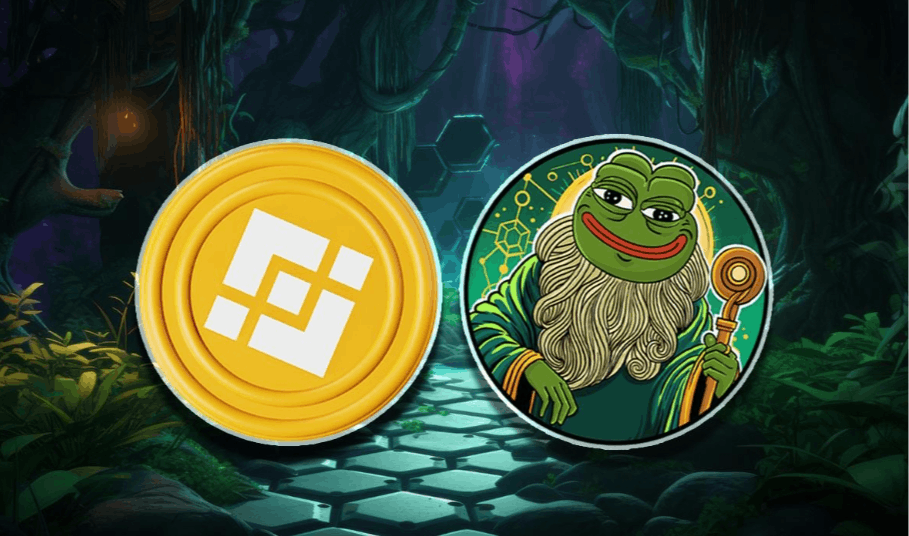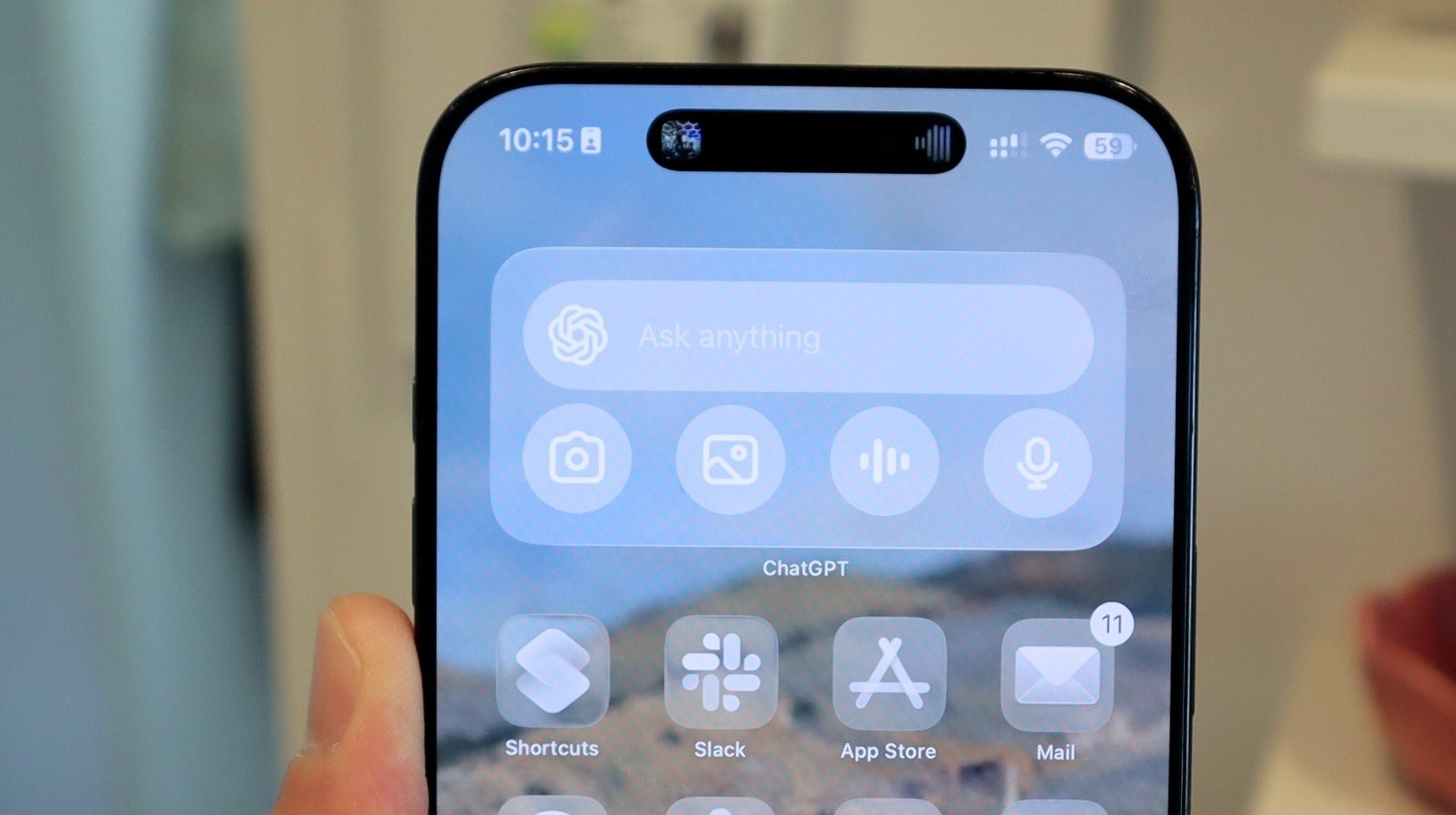An 11-year-old Australian girl added random people on Snapchat as part of an informal competition with her best friend to get a high score in the app. One of the people she added went on to sexually abuse her.
Then 23-year-old Jai Clapp was added on Snapchat using the Quick Add feature by an 11-year-old girl given the pseudonym of “April”, as part of a competition she and her friend were having to reach a “Snap score” of 100,000 points in 2023.
The Snap score is determined by how much a user is engaging on the app, and points can be gained by sending and receiving snaps, maintaining streaks (how many days users consecutively message each other) and by adding friends.
The Quick Add feature in Snapchat lists users the app suggests you could add, based on shared interests as determined by the Snapchat algorithm.
After being added, Clapp told the girl he was only 17, not 23, and a court found he went on to groom her over a 12-day period on Snapchat.
He then sexually abused the victim in three meetings at a local park in the town where the girl lived.
The offences Clapp was convicted for included digital and penile penetration, in what the judge, Marcus Dempsey, described as “abhorrent” behaviour.
Clapp pleaded guilty and was sentenced for the abuse of April and another girl to eight years and 10 months in prison, with a non-parole period of four years and eight months.
The details of the case emerged in a county court of Victoria sentencing from late April that was published this week.
A spokesperson for Snap, the parent company of the app, said “sexual exploitation of any young person is horrific, illegal and against our policies”.
“Snapchat was designed to help people communicate with friends they know in real life, and our goal is to make it as hard as possible for young people to be contacted by strangers,” the spokesperson said.
“Teens will only be suggested in Find Friends or search in limited circumstances, such as if they have numerous mutual friends. Over the last year we have launched new friending safeguards, which includes limiting who teens can see in Find Friends suggestions.”
Independent guides to Snapchat suggest parents turn off the Quick Add feature so only people known to them can add their child in the app.
Snapchat is expected to be one of the platforms that the Australian government will ban users under 16 years of age from accessing in December this year, but currently the minimum age for accounts on the platform is 13.
Before the ban comes into effect in December, the platforms likely to face the ban have pleaded with the government not to implement the policy, including Snapchat. The company has frequently highlighted the tools they have in their apps to keep children safe, in a push to keep the status quo.
after newsletter promotion
In its submission to a parliamentary inquiry last year, Snap said the app didn’t allow teens to surface as a suggested friend or in search results for other users unless they had mutual friends, and there was a warning in the app for teens if someone who has few friends in common tries to contact them.
The platform told the Australian online safety regulator, the eSafety commissioner, last year that it undertakes language analysis, and also uses an internal tool to estimate ages for users on the platform to prevent people under 13 from accessing the platform. The commissioner found in a report in February 19% of children aged between eight and 12 had used Snapchat in 2024.
Snap had not undertaken any research to estimate the number of users under 13 years of age on the platform in the first half of last year, according to the report.
A spokesperson for the eSafety commissioner said companies had a responsibility to ensure their platforms are safe for all users.
“While features like Find Friends [Quick Add] might have a number of beneficial uses, companies like Snap also need to think about how new features might be misused,” the spokesperson said.
“We have been concerned for some time about features on social media, messaging and other services which provide a ready means for predators to gain access to children for the purposes of grooming and contact offending.
“[The] feature can allow predators to find their way into the friend groups of multiple children, aided by the platform’s own algorithms, particularly where age assurance measures are not effective.”
The National Society for the Prevention of Cruelty to Children reported in November last year that of the 7,000 sexual communication with child offences recorded by UK police in 2023-2024, 48% of the offences were on Snapchat.
-
Information and support for anyone affected by rape or sexual abuse issues is available from the following organisations. In Australia, support is available at 1800Respect (1800 737 732). In the UK, Rape Crisis offers support on 0808 500 2222. In the US, Rainn offers support on 800-656-4673. Other international helplines can be found at ibiblio.org/rcip/internl.html








